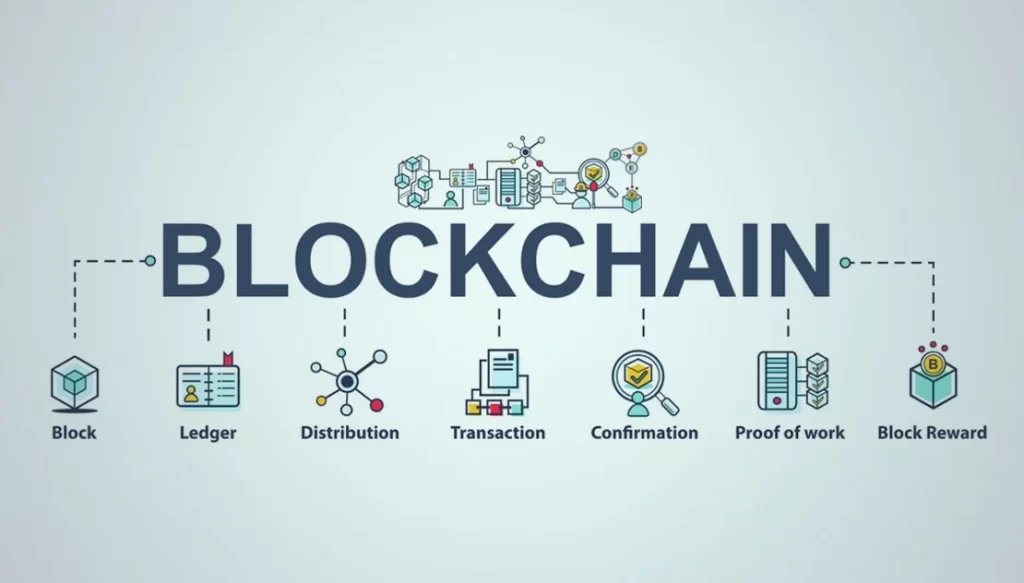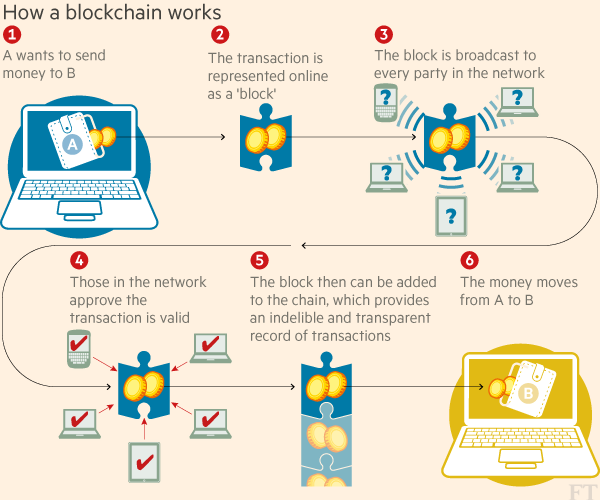AUTHOR : SAYYED NUZAT
DATE : MAY 8, 2024
Blockchain technology in 2024, with its decentralized and secure nature, will revolutionize various industries, including finance. In India, where digital payment systems are rapidly evolving, blockchain-based payment solutions offer a promising alternative. Let’s delve into the world of blockchain payment solutions in India, exploring their benefits, challenges, adoption, popular platforms, and future prospects.

Introduction to Blockchain Payment Solutions
Blockchain technology operates as a decentralized ledger mechanism, diligently documenting transactions spanning a network of interconnected computers. Every transaction finds its repository within a block intricately tethered to its antecedent, thereby fashioning an unbroken chain of records. This technology ensures the transparency, security, and immutability of data. Similarly, in India, blockchain payment solutions leverage this technology to facilitate secure and efficient transactions.
Advantages of Blockchain Payment Solutions
Transparency and Security
Blockchain payment[1] solutions offer transparent and secure transactions by eliminating the need for intermediaries. Each transaction[2] is recorded on a decentralized ledger, making it tamper-proof and also resistant to fraud.
Lower Transaction Costs
By removing intermediaries and streamlining[3] the payment process, blockchain solutions reduce transaction costs significantly. This makes it an attractive option for businesses looking to cut down on operational expenses.
Faster Transactions
Blockchain [4]technology enables near-instantaneous transactions, eliminating the delays associated with traditional banking systems. This speed is particularly beneficial for cross-border transactions, which can take days to process using traditional methods[5].
Challenges and Adoption of Blockchain Payment Solutions in India
Regulatory Challenges
The regulatory landscape surrounding blockchain technology in India is still evolving. Uncertainty regarding regulations and compliance poses a challenge to the widespread adoption of blockchain payment solutions.
Lack of Awareness
Despite the potential benefits, many businesses and consumers in India are still unfamiliar with blockchain technology and its applications in payments. Educating stakeholders about the advantages of blockchain is crucial for its adoption.
Adoption by Businesses and Consumers
While some businesses in India have begun exploring blockchain payment solutions, widespread adoption is still in its nascent stage. Overcoming resistance to change and integrating blockchain into existing systems pose challenges.

Popular Blockchain Payment Solutions in India
Introduction to Popular Blockchain Payment Platforms
Several blockchain payment platforms are gaining traction in India, offering solutions tailored to different use cases. Platforms like Ripple, Stellar, and Ethereum provide secure and efficient payment solutions for businesses and consumers alike.
Use Cases in Various Sectors
Blockchain payment solutions are being adopted across various sectors in India, including banking, healthcare, supply chain, and e-commerce. These solutions streamline processes, enhance security, and also reduce costs for businesses.
Comparison of Different Platforms
Each blockchain payment platform has its own unique features and strengths. Comparing factors such as transaction speed, scalability, and security can help businesses choose the platform that best suits their needs.
Future of Blockchain Payment Solutions in India
Emerging Trends
As blockchain technology continues to evolve, new trends are shaping the future of blockchain payment solutions in India. These include the integration of artificial intelligence, the Internet of Things (IoT), and smart contracts to enhance functionality and security.
Potential for Growth
The potential for growth in the blockchain payments sector in India is immense. With increasing digitization and a growing emphasis on financial inclusion, blockchain has the potential to revolutionize the way payments are made and processed in the country.
Government Initiatives and Regulations
The Indian government has shown interest in exploring blockchain technology for various applications, including payments. Regulatory clarity and supportive policies will be crucial in fostering the growth of blockchain payment solutions in India.
Conclusion
Blockchain payment solutions hold immense promise for India’s evolving financial landscape.Moreover, with their transparency, security, and efficiency, they offer a viable alternative to traditional payment systems. Despite challenges such as regulatory uncertainty and a lack of awareness, the future looks bright for blockchain payments in India.
FAQs
- Are blockchain payments legal in India?
- Yes, blockchain payments are legal in India, but regulations are still evolving.
- How secure are blockchain payments?
- Blockchain payments are highly secure due to their decentralized nature and cryptographic encryption.
- Can blockchain payments reduce transaction costs?
- Yes, blockchain payments typically have lower transaction costs compared to traditional banking systems.
- What industries can benefit from blockchain payments?
- Industries such as banking, healthcare, and supply chain can benefit from blockchain payments.
- Is blockchain technology only for cryptocurrencies?
- No, blockchain technology has various applications beyond cryptocurrencies, including payments, smart contracts, and decentralized finance (DeFi).

